|
Other articles:
|

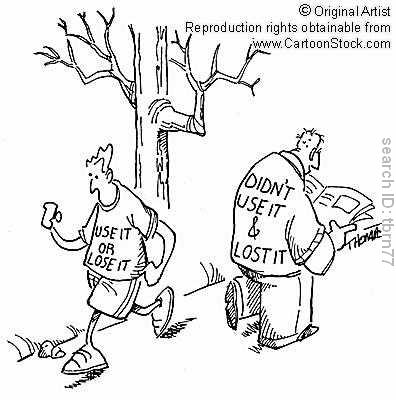
 Sep 16, 2009 . I am currently taking my fourth Walden University class titled Bridging Learning Theory, Instruction, and Technology.
by L Munoz - Related articles
Sep 16, 2009 . I am currently taking my fourth Walden University class titled Bridging Learning Theory, Instruction, and Technology.
by L Munoz - Related articles

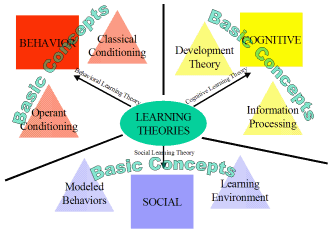 Behaviorism, along with several newer variations that have names like information processing theory, emphasize the learning of facts and skills that .
Summary: Behaviorism is a worldview that operates on a principle of "stimulus- response." All behavior caused by external stimuli (operant conditioning).
File Format: PDF/Adobe Acrobat - Quick View
Behaviorism, along with several newer variations that have names like information processing theory, emphasize the learning of facts and skills that .
Summary: Behaviorism is a worldview that operates on a principle of "stimulus- response." All behavior caused by external stimuli (operant conditioning).
File Format: PDF/Adobe Acrobat - Quick View
 Nov 4, 2008 . Theories & Models of Learning for Educational Research & Practice. . Behaviorism Overview · Classical Conditioning (Pavlov) .
Behaviorism (or behaviourism), also called the learning perspective . . In addition; innate theory is opposed to behaviorist theory which claims that .
Nov 4, 2008 . Theories & Models of Learning for Educational Research & Practice. . Behaviorism Overview · Classical Conditioning (Pavlov) .
Behaviorism (or behaviourism), also called the learning perspective . . In addition; innate theory is opposed to behaviorist theory which claims that .
 Jump to Behavioral approach: He generated much of the experimental data that is the basis of behavioral learning theory. He and other behavioral .
File Format: PDF/Adobe Acrobat - Quick View
Edward Tolman proposed a theory that had a cognitive flair. He was a behaviorist but valued internal mental phenomena in his explanations of how learning .
Apr 2, 2011 . Cognitive theory is a learning theory of psychology that attempts to explain human behavior by understanding the thought processes. .
Although elements of cognitive learning theory have a long history, . Cognitive views of learning evolved, in part, because behaviorism was unable to .
Jump to Behaviorism and Instructional Design: A behavioral objective states learning objectives in "specified, quantifiable, terminal behaviors" .
Jump to Behavioral approach: He generated much of the experimental data that is the basis of behavioral learning theory. He and other behavioral .
File Format: PDF/Adobe Acrobat - Quick View
Edward Tolman proposed a theory that had a cognitive flair. He was a behaviorist but valued internal mental phenomena in his explanations of how learning .
Apr 2, 2011 . Cognitive theory is a learning theory of psychology that attempts to explain human behavior by understanding the thought processes. .
Although elements of cognitive learning theory have a long history, . Cognitive views of learning evolved, in part, because behaviorism was unable to .
Jump to Behaviorism and Instructional Design: A behavioral objective states learning objectives in "specified, quantifiable, terminal behaviors" .
 In all, this social cognitive view of human and collective functioning, which marked a departure from the prevalent behaviorist and learning theories of the .
File Format: PDF/Adobe Acrobat - View as HTML
Sep 3, 2009 . Contemporary learning theory in the tension field between the . . Explores the theory and practice of learning communities from an .
Tolman is virtually the only behaviorist who found the Stimulus-Response theory unacceptable, because reinforcement was not necessary for learning to occur. .
Behaviorist Learning Theory - Presentation Transcript. The Behaviorist Theory By : Sam Barnette; What is Behaviorism? The prediction and control of human .
by B Akinsanmi - Cited by 1 - Related articles
In all, this social cognitive view of human and collective functioning, which marked a departure from the prevalent behaviorist and learning theories of the .
File Format: PDF/Adobe Acrobat - View as HTML
Sep 3, 2009 . Contemporary learning theory in the tension field between the . . Explores the theory and practice of learning communities from an .
Tolman is virtually the only behaviorist who found the Stimulus-Response theory unacceptable, because reinforcement was not necessary for learning to occur. .
Behaviorist Learning Theory - Presentation Transcript. The Behaviorist Theory By : Sam Barnette; What is Behaviorism? The prediction and control of human .
by B Akinsanmi - Cited by 1 - Related articles
 File Format: PDF/Adobe Acrobat - Quick View
File Format: PDF/Adobe Acrobat - Quick View

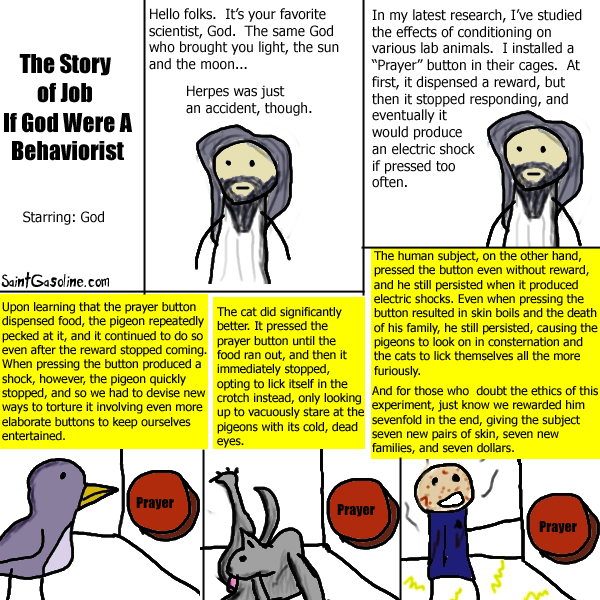 There are three main categories or philosophical frameworks under which learning theories fall: behaviorism, cognitivism, and constructivism. .
There are three main categories or philosophical frameworks under which learning theories fall: behaviorism, cognitivism, and constructivism. .
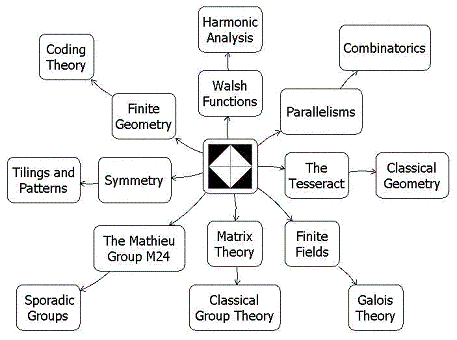 While many textbooks place social learning theory with behavioral theories, Bandura himself describes his approach as a 'social cognitive theory.' .
Learning Theories. Behaviorism, Cognitivism, Constructivism. proponents, B.F. Skinner, Jerome Bruner, Lev Vygotsky, John Dewey, Knowles .
File Format: Microsoft Powerpoint - Quick View
Social learning theory can be considered a bridge or a transition between behaviorist learning theories and cognitive learning theories. .
Introduction. Definition of Behaviorism and how it applies to learning. Learning according to the behaviorist theory is an observable change in behavior. .
Behaviorist Learning Theory. Behaviorism is an approach to psychology based on the proposition that behavior can be researched scientifically without .
Karawynn is not a behavioral psychologist, so you will have to provide the learning theory terminology. Motivational Theory - University of Arkansas .
While many textbooks place social learning theory with behavioral theories, Bandura himself describes his approach as a 'social cognitive theory.' .
Learning Theories. Behaviorism, Cognitivism, Constructivism. proponents, B.F. Skinner, Jerome Bruner, Lev Vygotsky, John Dewey, Knowles .
File Format: Microsoft Powerpoint - Quick View
Social learning theory can be considered a bridge or a transition between behaviorist learning theories and cognitive learning theories. .
Introduction. Definition of Behaviorism and how it applies to learning. Learning according to the behaviorist theory is an observable change in behavior. .
Behaviorist Learning Theory. Behaviorism is an approach to psychology based on the proposition that behavior can be researched scientifically without .
Karawynn is not a behavioral psychologist, so you will have to provide the learning theory terminology. Motivational Theory - University of Arkansas .

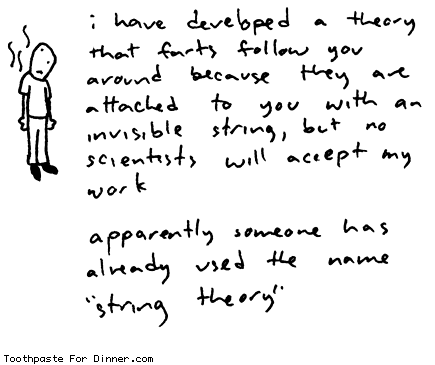 Jul 2, 1998 . See also. Behaviorist theories of learning. Context for this page: Fact module: Behaviorist theory of learning (Skinner) .
Jul 2, 1998 . See also. Behaviorist theories of learning. Context for this page: Fact module: Behaviorist theory of learning (Skinner) .
 Mar 21, 2004 . Introduction to Learning Theory and Behavioral Psychology. Learning can be defined as the process leading to relatively permanent behavioral .
Mar 21, 2004 . Introduction to Learning Theory and Behavioral Psychology. Learning can be defined as the process leading to relatively permanent behavioral .
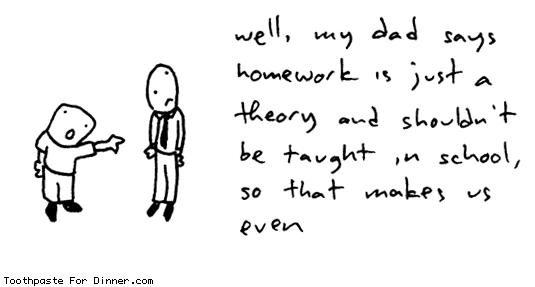 File Format: PDF/Adobe Acrobat - Quick View
There are many different learning theories. For many years, the behaviorist theory of B. F. Skinner was dominant. In more recent years, a number of new .
File Format: PDF/Adobe Acrobat - Quick View
File Format: PDF/Adobe Acrobat - Quick View
There are many different learning theories. For many years, the behaviorist theory of B. F. Skinner was dominant. In more recent years, a number of new .
File Format: PDF/Adobe Acrobat - Quick View
 It was there that he came under the influence of the behaviorist tradition and learning theory. While at Iowa, he met Virginia Varns, an instructor in the .
Mar 12, 2011 . After reviewing the instructional strategies it appears to me that these are two crucial parts that relate to behaviorist learning theory. .
It was there that he came under the influence of the behaviorist tradition and learning theory. While at Iowa, he met Virginia Varns, an instructor in the .
Mar 12, 2011 . After reviewing the instructional strategies it appears to me that these are two crucial parts that relate to behaviorist learning theory. .

 Cognitive learning theories began as a critique of behaviorist learning theory. Behaviorist learning theory largely focuses on the observable change. .
The theory has often been called a bridge between behaviorist and cognitive learning theories because it encompasses attention, memory, and motivation. .
Mar 8, 2010 . A Picture that I found attributed to Behaviorists The resources discussed during this week concerning behaviorist and instructional learning .
Cognitive learning theories began as a critique of behaviorist learning theory. Behaviorist learning theory largely focuses on the observable change. .
The theory has often been called a bridge between behaviorist and cognitive learning theories because it encompasses attention, memory, and motivation. .
Mar 8, 2010 . A Picture that I found attributed to Behaviorists The resources discussed during this week concerning behaviorist and instructional learning .
 explanation of behavioral patterns. History and Orientation. In 1941 Miller and Dollard proposed the theory of social learning. In 1963 Bandura and Walters .
May 23, 2011 . Operant Conditioning and Behaviorism - Historical Outline An overview of the history of behavioral learning theories. Classical Conditioning .
Behaviorism. Definition. Behaviorism is a learning theory that only focuses on objectively observable behaviors and discounts any independent activities of .
Sep 14, 2010 . Behaviorism, as a learning theory, can be traced back to Aristotle, whose essay “Memory” focused on associations being made between events .
Learning theories which include behaviorism, cognitivism, and constructivism in relation to instructional design and e-learning.
explanation of behavioral patterns. History and Orientation. In 1941 Miller and Dollard proposed the theory of social learning. In 1963 Bandura and Walters .
May 23, 2011 . Operant Conditioning and Behaviorism - Historical Outline An overview of the history of behavioral learning theories. Classical Conditioning .
Behaviorism. Definition. Behaviorism is a learning theory that only focuses on objectively observable behaviors and discounts any independent activities of .
Sep 14, 2010 . Behaviorism, as a learning theory, can be traced back to Aristotle, whose essay “Memory” focused on associations being made between events .
Learning theories which include behaviorism, cognitivism, and constructivism in relation to instructional design and e-learning.
 In terms of the concept of learning, the process tends to be passive with regard to the behaviorist theory. The learner uses low level processing skills to .
In terms of the concept of learning, the process tends to be passive with regard to the behaviorist theory. The learner uses low level processing skills to .

 Feb 5, 2008 . In defining behavior, behaviorist learning theories emphasize changes in behavior that result from stimulus-response associations made by .
Unlike behaviorist learning theory, where learners are thought to be motivated by extrinsic factors such as rewards and punishment, cognitive learning .
Dec 8, 2006 . What are the theories and how can students and teachers benefit from them?
Feb 5, 2008 . In defining behavior, behaviorist learning theories emphasize changes in behavior that result from stimulus-response associations made by .
Unlike behaviorist learning theory, where learners are thought to be motivated by extrinsic factors such as rewards and punishment, cognitive learning .
Dec 8, 2006 . What are the theories and how can students and teachers benefit from them?

 Jump to Behaviorist: Behaviorism is referred to as “Stimulus-Response” learning which is derived from the work of B.F. Skinner's “Reinforcement Theory. .
File Format: Microsoft Powerpoint - Quick View
Jump to Behaviorist: Behaviorism is referred to as “Stimulus-Response” learning which is derived from the work of B.F. Skinner's “Reinforcement Theory. .
File Format: Microsoft Powerpoint - Quick View
 Chapter 1: Introduction to Learning Theory and Technology · Chapter 2: Historical Overview of Learning and Technology · Chapter 3: Behaviorist Learning .
Sitemap
Chapter 1: Introduction to Learning Theory and Technology · Chapter 2: Historical Overview of Learning and Technology · Chapter 3: Behaviorist Learning .
Sitemap
|













































